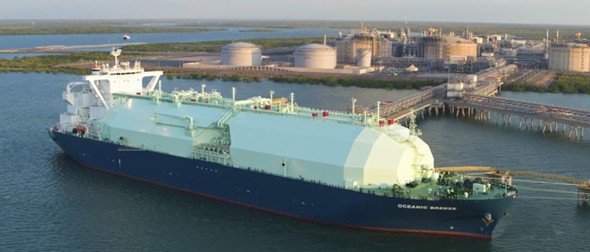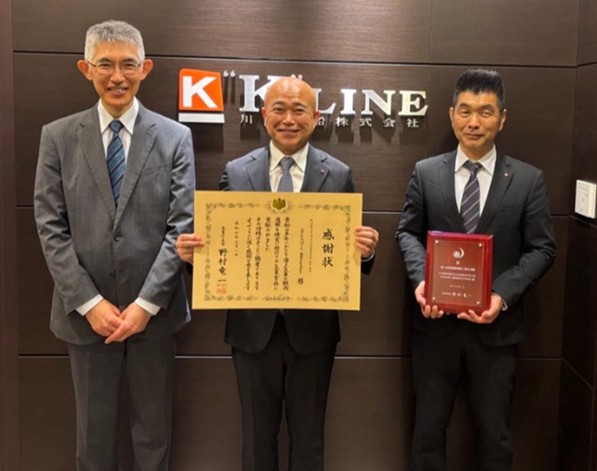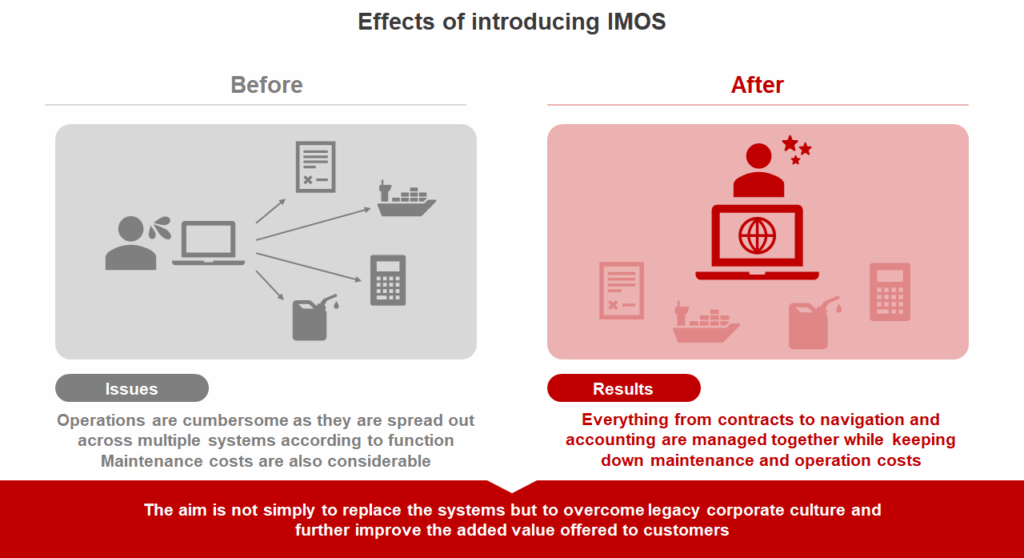Please be advised that “K” LINE Tokyo Head Office published the following press release today.
Please refer to the attached PDF document for details.
・ Notice of Occurrence of Non-Operating Income by Dividends Income
This document is also available on their website both in English and Japanese.










